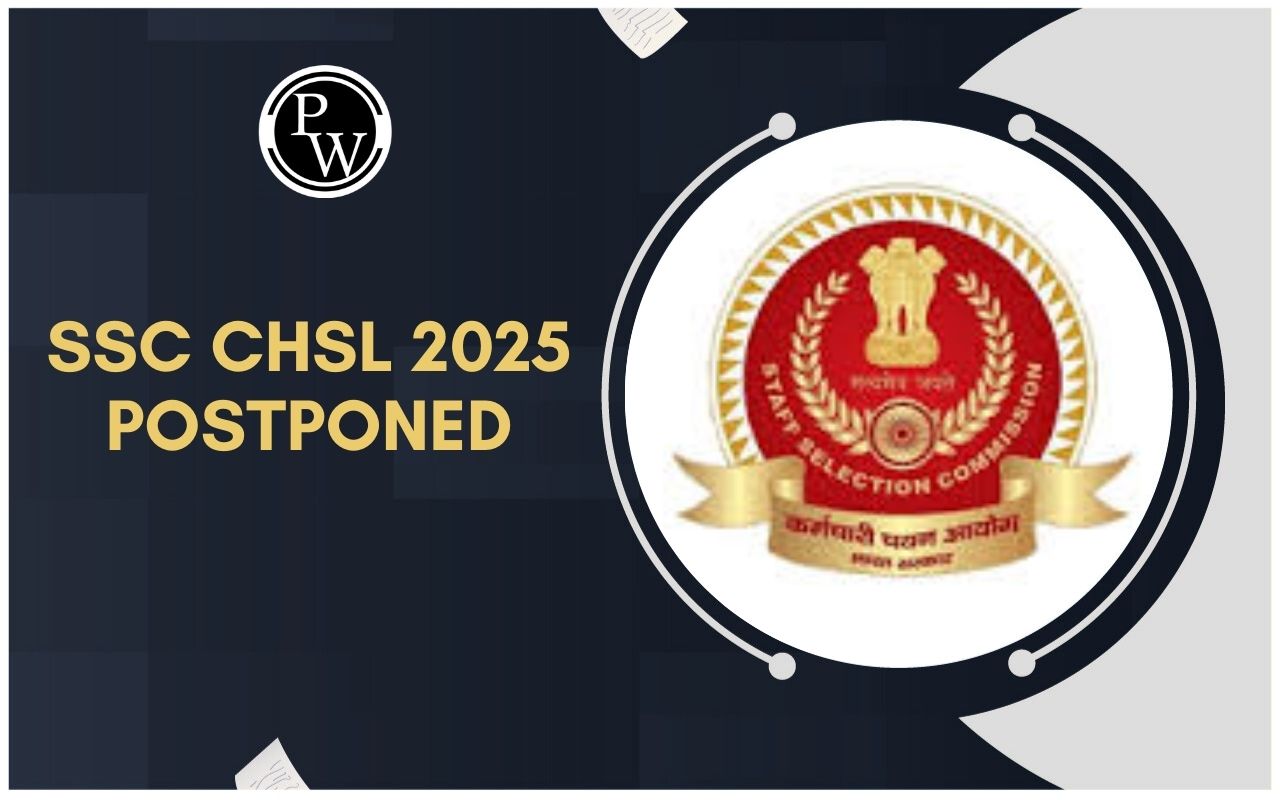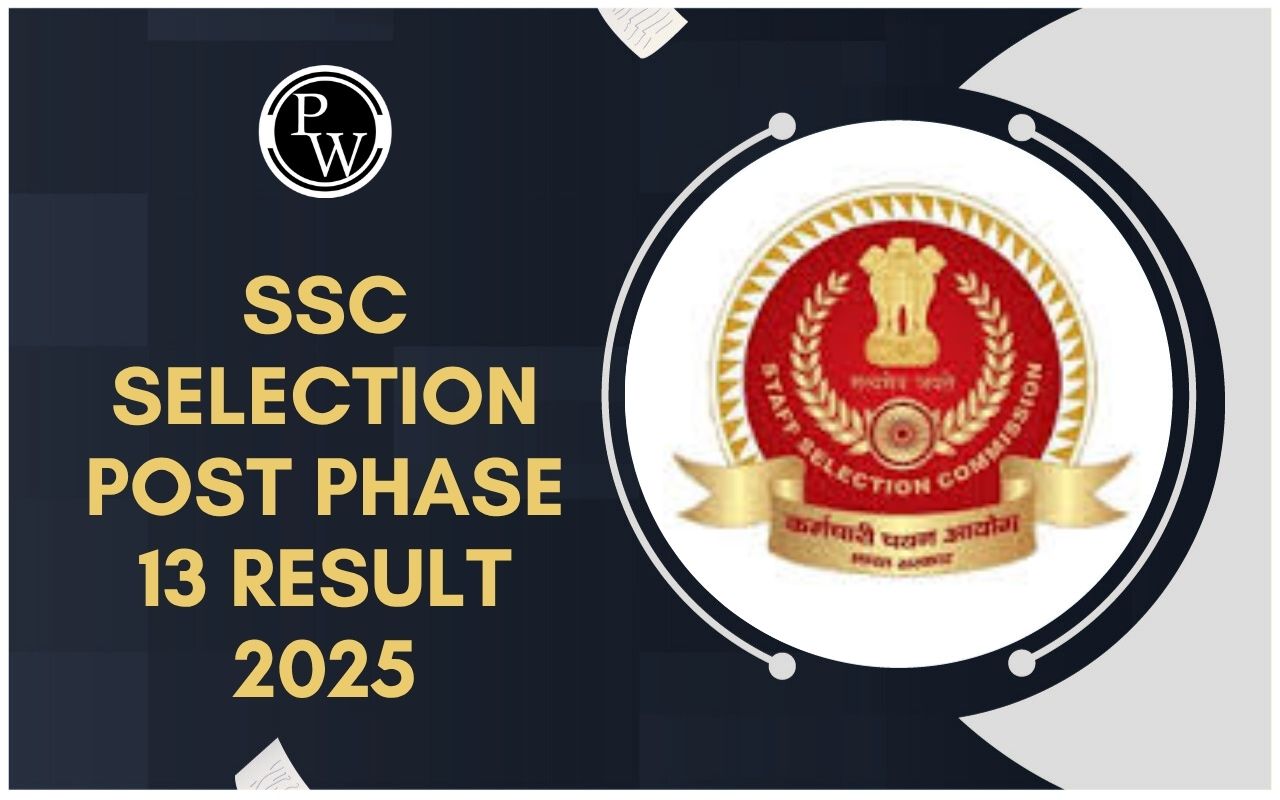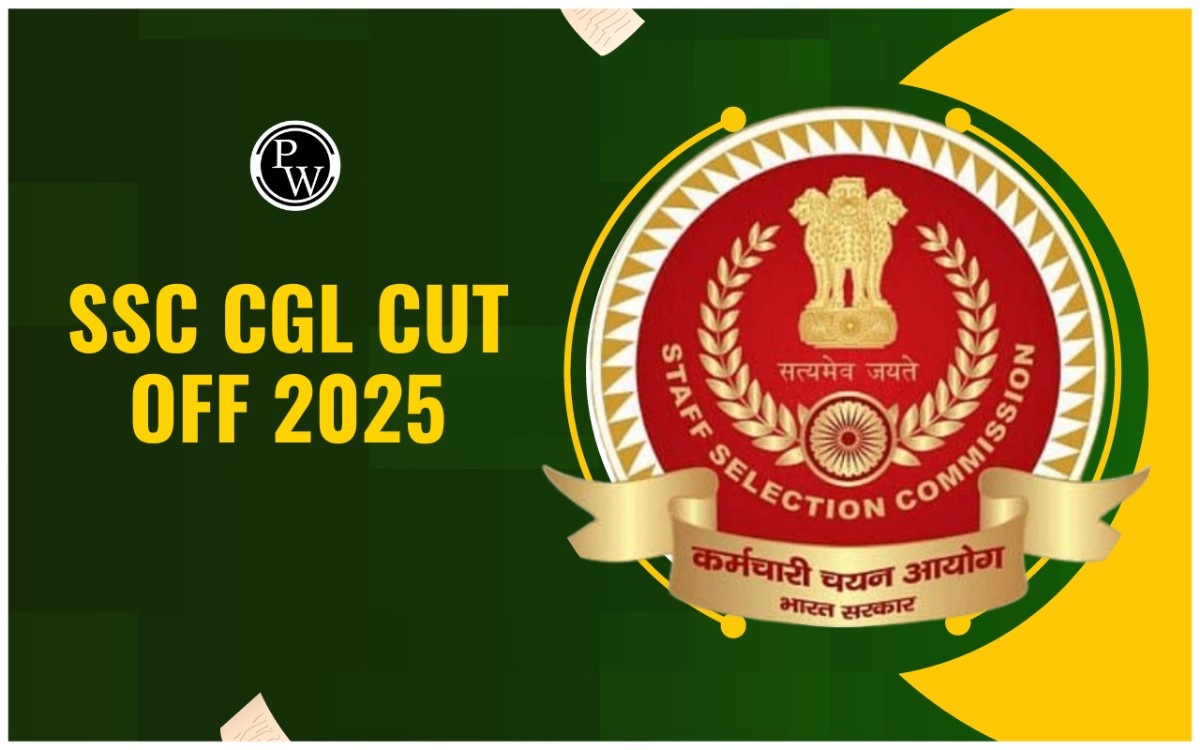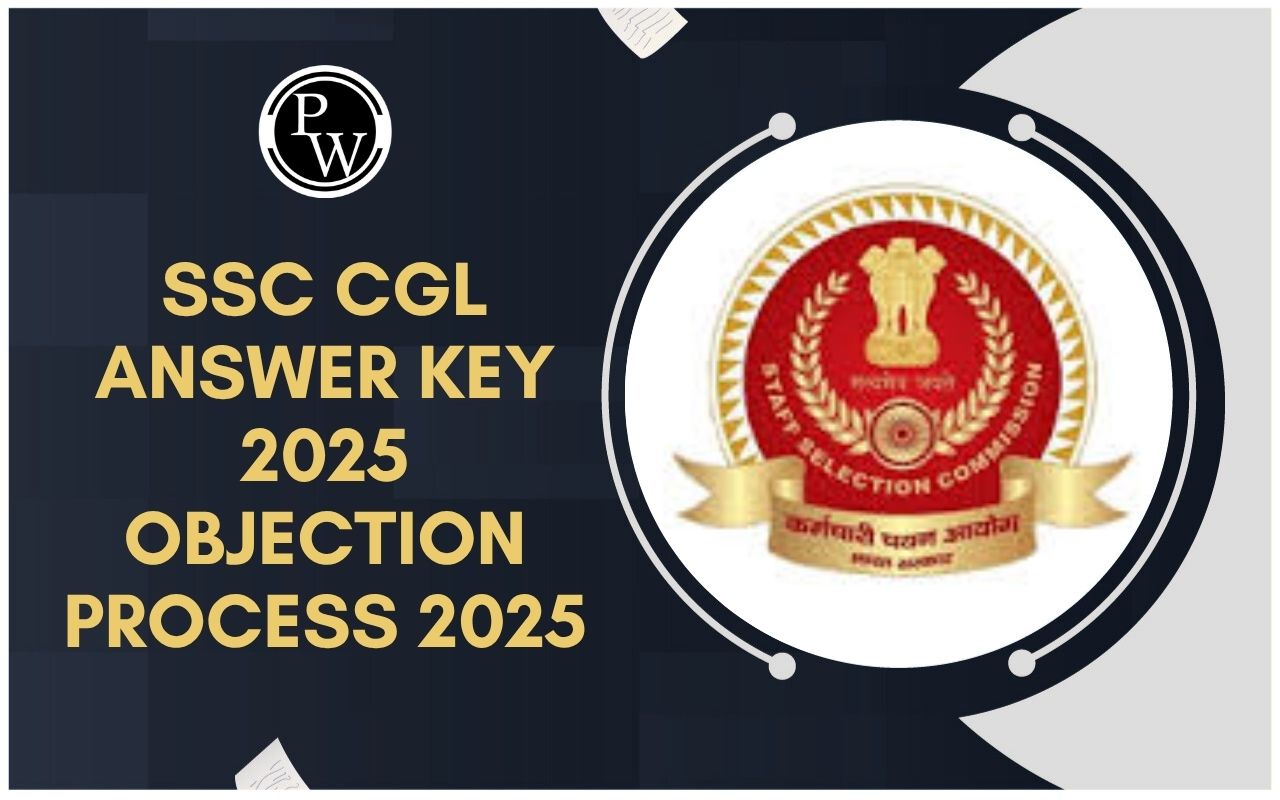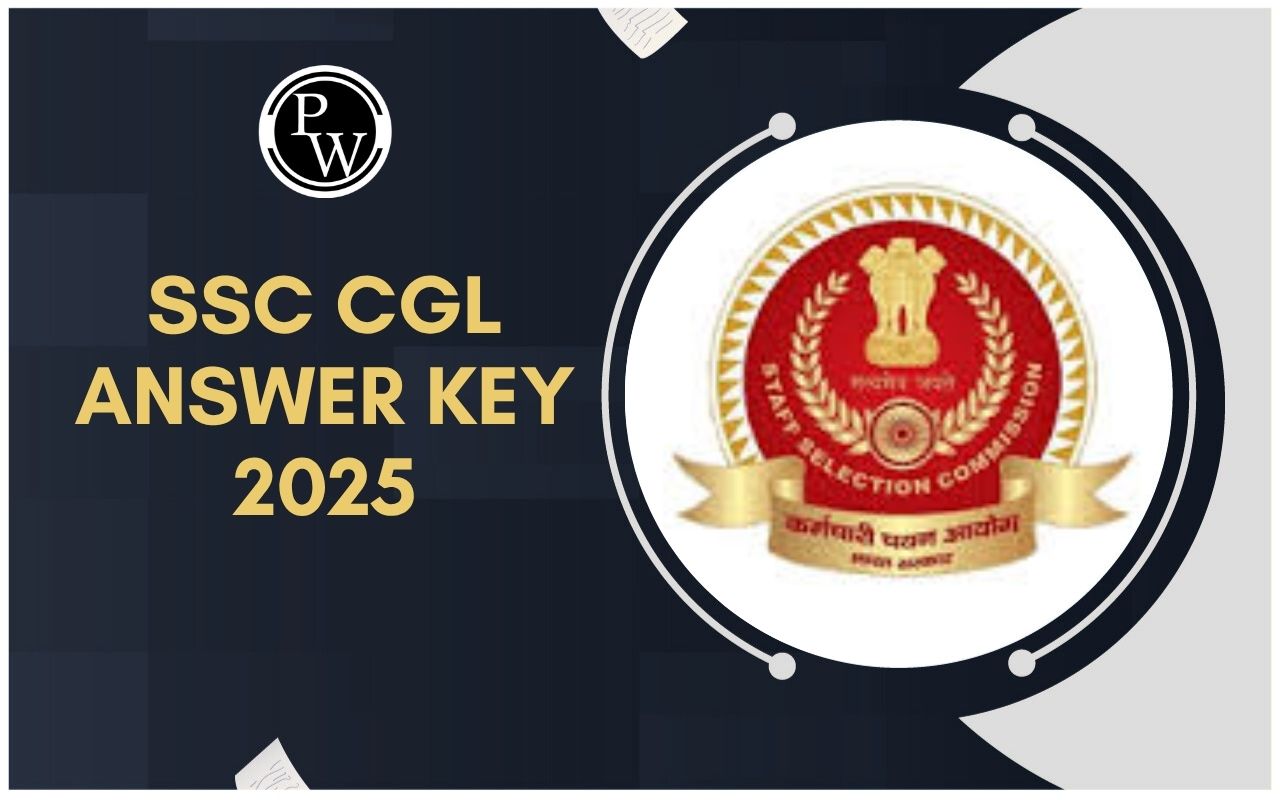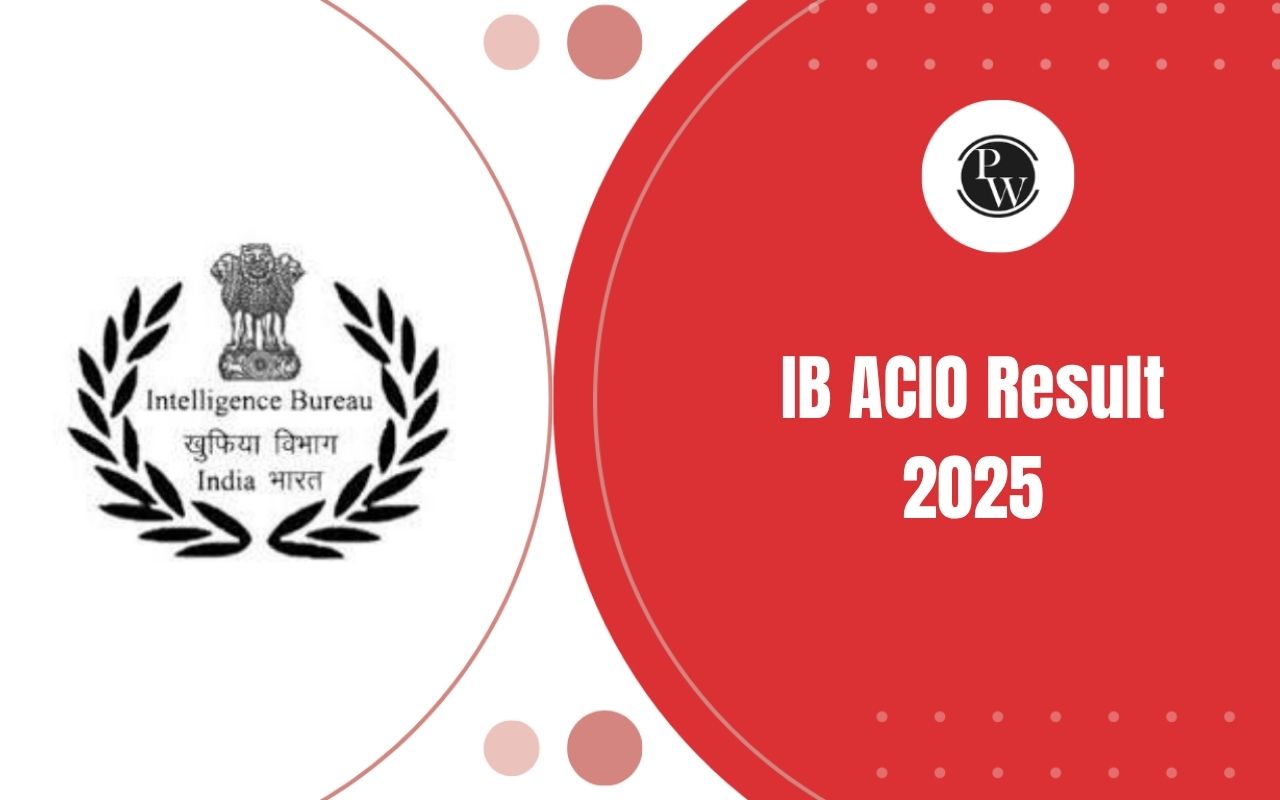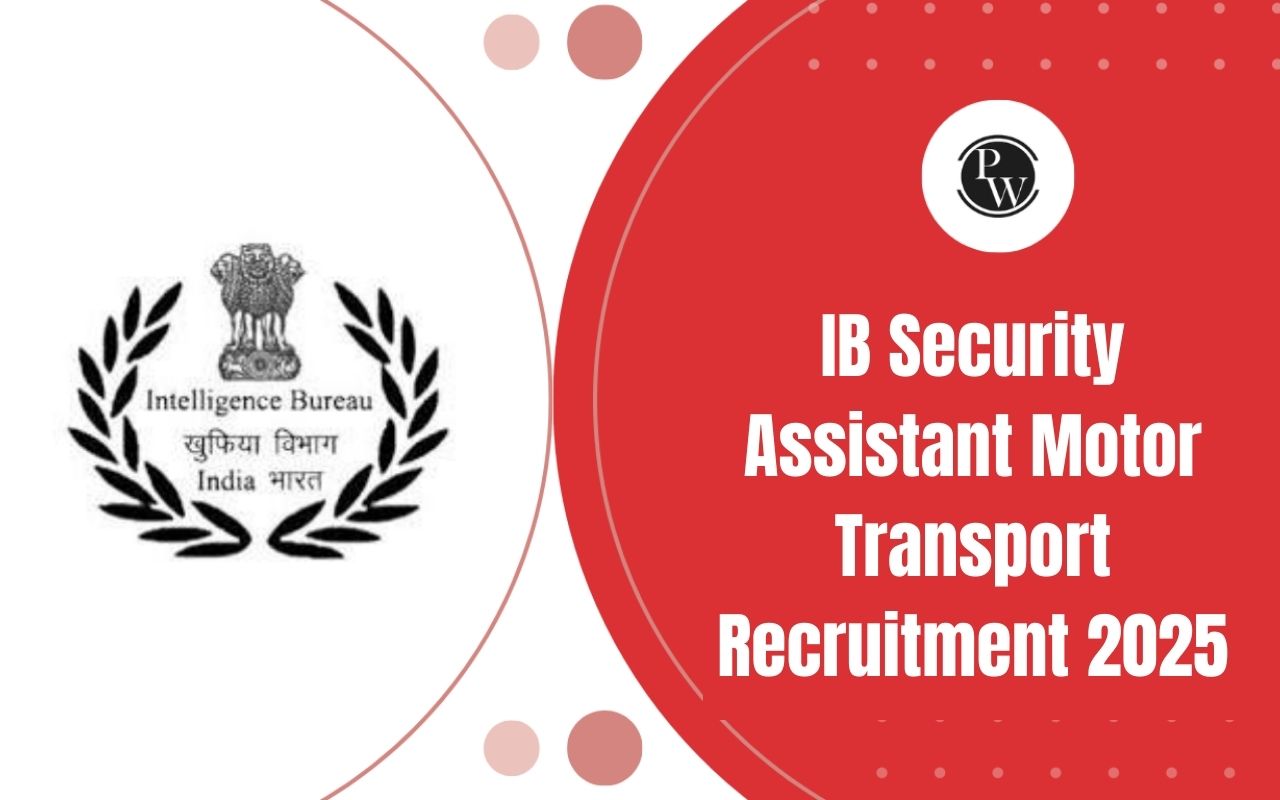
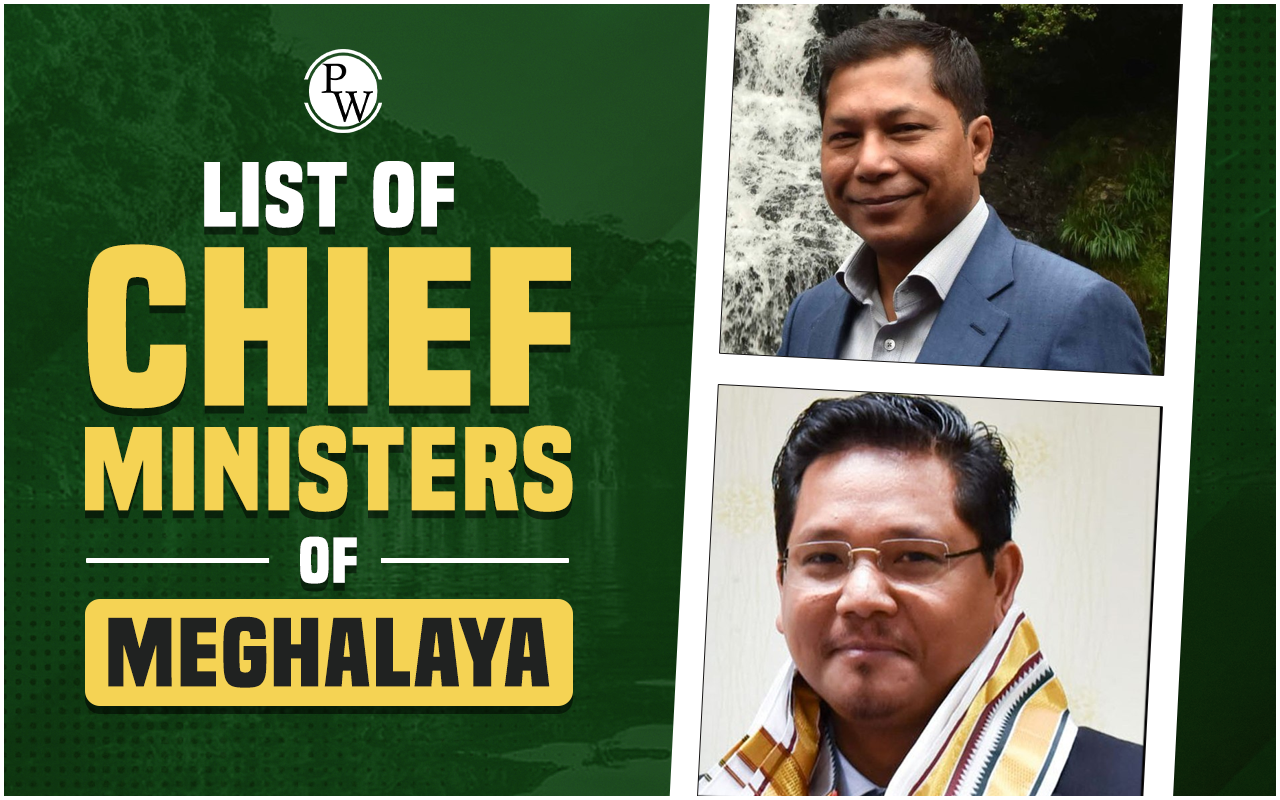
Chief Ministers of Meghalaya have played a pivotal role in shaping the political and developmental landscape of this northeastern state in India. Since its establishment on January 21, 1972, Meghalaya has seen a succession of dynamic leaders who have led the state through various phases of growth and transformation. From the inaugural Chief Minister, Williamson A. Sangma, to the current leader, Conrad Sangma, each of these individuals has left their mark on Meghalaya's history.
This diverse array of Chief Ministers, representing various political parties and ideologies, have navigated the state through both challenges and opportunities, contributing to its socio-economic progress. For further details, go through the article below.
Chief Ministers of Meghalaya
Meghalaya, a beautiful state in Northeast India, is led by a Chief Minister who is the head of the state government. The Chief Minister is responsible for making important decisions and helping the state grow. This leader is usually the head of the political party that wins the most seats in the state assembly. Over the years, Meghalaya has had several chief ministers who have worked to improve the lives of the people living there.
Chief Ministers of Meghalaya List
The list of Chief Ministers of Meghalaya provides a comprehensive account of the dynamic leadership that has guided the state since its inception in 1972. Each Chief Minister has played a significant role in shaping Meghalaya's political landscape and fostering its socio-economic progress.
From the inaugural Chief Minister, Williamson A. Sangma, to the present leaders, they have navigated through challenges and opportunities, leaving behind a legacy of governance and development. Thus, candidates can go through the list of Chief Ministers of Meghalaya from the below table:-
| Chief Ministers of Meghalaya List | |||
| SL. No. | List of Chief Ministers of Meghalaya | Period | Party |
| 1 | Williamson A. Sangma | 2 April 1970 to 21 January 1972 | All Party Hill Leaders Conference |
| 21 January 1972 to 18 March 1972 | All Party Hill Leaders Conference | ||
| 18 March 1972 to 21 November 1976 | All Party Hill Leaders Conference | ||
| 22 November 1976 to 3 March 1978 | Indian National Congress | ||
| 2 | Darwin Diengdoh Pugh | 10 March 1978 to 21 February 1979 | All Party Hill Leaders Conference |
| 21 February 1979 to 6 May 1979 | |||
| 3 | B. B. Lyngdoh | 7 May 1979 to 7 May 1981 | All Party Hill Leaders Conference |
| 4 | Williamson A. Sangma | 7 May 1981 to 24 February 1983 | Indian National Congress |
| 5 | B. B. Lyngdoh | 2 March 1983 to 31 March 1983 | All Party Hill Leaders Conference |
| 6 | Williamson A. Sangma | 2 April 1983 to 5 February 1988 | Indian National Congress |
| 7 | P. A. Sangma | 6 February 1988 to 25 March 1990 | Indian National Congress |
| 8 | B. B. Lyngdoh | 26 March 1990 to 10 October 1991 | Hill People’s Union |
| 9 | D.D. Lapang | 5 February 1992 to 19 February 1993 | Indian National Congress |
| 10 | S. C. Marak | 19 February 1993 to 27 February 1998 | Indian National Congress |
| 27 February 1998 to 10 March 1998 | Indian National Congress | ||
| 11 | B. B. Lyngdoh | 10 March 1998 to 8 March 2000 | United Democratic Party |
| 12 | E. K. Mawlong | 8 March 2000 to 8 December 2001 | United Democratic Party |
| 13 | Flinder Anderson Khonglam | 8 December 2001 to 4 March 2003 | Independent |
| 14 | D. D. Lapang | 4 March 2003 to 15 June 2006 | Indian National Congress |
| 15 | J. D. Rymbai | 15 June 2006 to 10 March 2007 | Indian National Congress |
| 16 | D. D. Lapang | 10 March 2007 to 4 March 2008 | Indian National Congress |
| 4 March 2008 to 19 March 2008 | |||
| 17 | Donkupar Roy | 19 March 2008 to 18 March 2009 | United Democratic Party |
| 18 | D. D. Lapang | 13 May 2009 to 19 April 2010 | Indian National Congress |
| 19 | Mukul Sangma | 20 April 2010 to 5 March 2013 | Indian National Congress |
| 5 March 2013 to 6 March 2018 | |||
| 20 | Conrad Sangma | 6 March 2018 to Present | National People’s Party |
Current Chief Minister of Meghalaya
Conrad Sangma is the current Chief Minister of Meghalaya, taking office on March 6, 2018. He comes from a well-known political family; his father, P. A. Sangma, was also a Chief Minister and Speaker of the Lok Sabha. Conrad leads the National People's Party (NPP) and is known for his strong and modern leadership. His government focuses on improving education, healthcare, roads, and protecting nature. Under his leadership, Meghalaya is growing with new projects that help people’s lives, protect culture, and promote eco-friendly tourism.
First Chief Minister of Meghalaya
Williamson A. Sangma, the inaugural Chief Minister of Meghalaya, was a towering figure in the state's political landscape. Serving from April 2, 1970, to January 21, 1972, his tenure was marked by a steadfast commitment to laying the groundwork for effective governance. A prominent leader, he played a pivotal role in shaping the nascent state's policies, focusing on areas such as education, infrastructure, and cultural preservation. Williamson A. Sangma's visionary leadership left an indelible mark on Meghalaya, setting a precedent for future administrations to build upon.
Beyond his role as Chief Minister, Williamson A. Sangma was a respected figure in Indian politics, known for his dedication to the welfare of the people. His legacy continues to be celebrated in Meghalaya, serving as an inspiration for leaders and citizens alike as they strive for the continued progress and prosperity of the state.
Longest Running Chief Ministers of Meghalaya
D. Lapang, a stalwart of Meghalayan politics, holds the distinction of being the longest-serving Chief Minister of the state. His first term, from March 4, 2003, to June 15, 2006, and subsequent term from March 10, 2007, to March 4, 2008, showcased his enduring commitment to public service. Lapang's leadership was characterized by a strong emphasis on social welfare, education, and infrastructural development. During his tenure, he implemented policies aimed at uplifting marginalized communities and fostering economic growth in Meghalaya.
Lapang's enduring legacy extends beyond his time in office. He remains a revered figure in the political landscape of Meghalaya, known for his dedication to the well-being of the state and its people. His contributions continue to be recognized and celebrated, standing as a testament to his profound impact on the development and progress of Meghalaya.
Chief Ministers of Meghalaya Interesting Fact
Below are some interesting facts about chief ministers of Meghalaya:
- Several Chief Ministers of Meghalaya have held the position multiple times, demonstrating their enduring influence in the state's politics.
- Williamson A. Sangma served as Chief Minister in four non-consecutive terms, showcasing his enduring popularity and impact on the state's governance.
- B. B. Lyngdoh also had the distinction of serving as Chief Minister twice, indicating the trust placed in him by the people of Meghalaya.
- D. D. Lapang, the longest-serving Chief Minister, held office for two separate terms, underscoring his significant influence in Meghalaya's political landscape.
- The political careers of these leaders reflect their deep-rooted connection with the state and their ability to navigate its complex political terrain.
- The trust and confidence reposed in these Chief Ministers by the people of Meghalaya speak volumes about their enduring legacy and contributions to the state's development.
Chief Ministers Of Meghalaya FAQs
Who was the first Chief Minister of Meghalaya?
How many times did Williamson A. Sangma serve as Chief Minister?
Who is the current Chief Minister of Meghalaya as of 2025?
Conrad Sangma is the current Chief Minister of Meghalaya, having taken office on March 6, 2018.
Who served the longest tenure as Chief Minister of Meghalaya?

